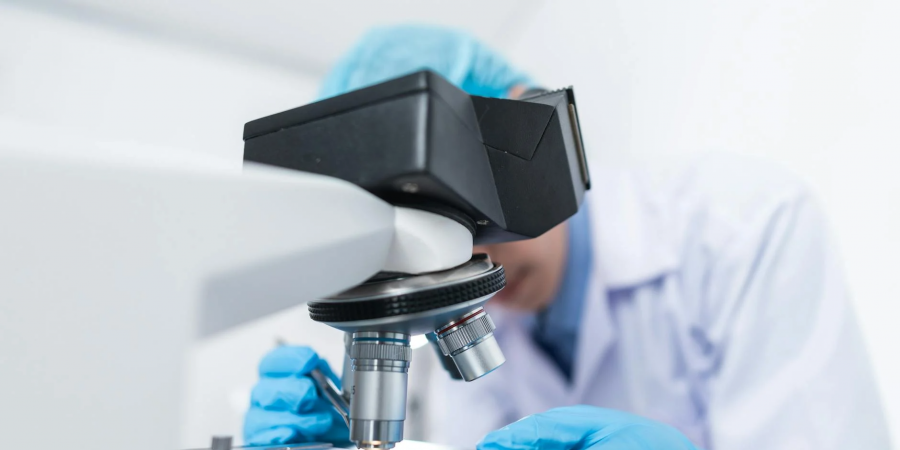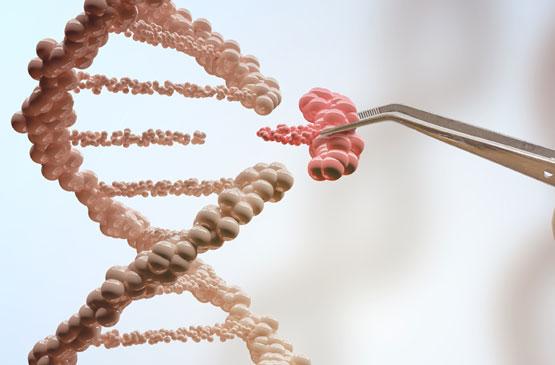

In order to apply organisms and parts of them for goods and services, biotechnology is a multidisciplinary field that integrates the natural sciences and engineering sciences.
Faculty of Food Engineering and Biotechnology. Utilizing biological systems and organism such as bacteria, yeast, and plant to carry out particular functions or generate useful materials is the fundamental idea behind biotechnology..
Biotechnology had a significant impact on many areas of society, from medicine to agriculture to environmental science. One of the key techniques used in biotechnology is genetic engineering, which allows scientists to modify the genetic makeup of organisms to achieve desired outcomes. This can involve inserting genes from one organism into another, and consequently, create new traits or modifying existing ones.
The many uses of biotechnology have led to the development of many necessary products, such as biofuels, genetically modified crops, novel materials, and life-saving drugs. It has also been used to address environmental challenges, such as developing biodegradable plastics and using microorganisms to clean up contaminated sites.
Biotechnology is a fast-growing field that has the potential to significantly improve people's lives worldwide and address urgent global issues. But, in spite of all of its advantages, biotechnology also raises ethical and societal issues, such as concerns about genetic modification and intellectual property rights. This means that the use and application of biotechnology in various fields and industries is the subject of continuous regulation and debate.
Innovative products and technologies made possible by modern biotechnology help fight rare and crippling diseases, lessen our impact on the environment, feed the hungry, consume less energy, and create safer, cleaner, and more effective industrial manufacturing processes..

By utilizing the natural resources found in our bodies and our genetic makeup to promote healing, biotech is contributing to global health. These efforts include:
Long-term farming and the work of the USDA will change as a result of the growing use of biotechnology in agriculture. To help understand and address these changes, USDA established the Advisory Committee on Biotechnology and 21st Century Agriculture (AC21). One significant area on which the committee has concentrated its attention is how farmers who produce different crops meant for different customers—biotechnology-derived, conventional, or organic—can best coexist and produce the crops that meet their customers' needs.
